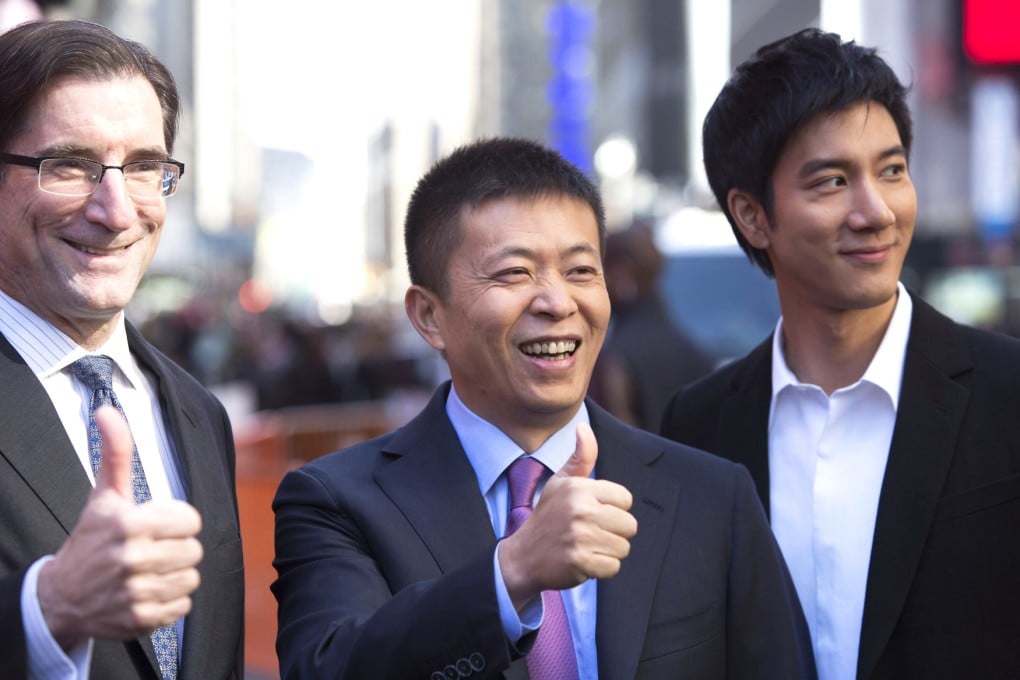Analysis | Weibo stock debut highlights complicated dance with Chinese censors

Weibo Corp executives on Thursday toasted the Chinese social media firm’s debut at Nasdaq’s New York headquarters. Hours earlier in Beijing, Charles Xue, a Chinese-American venture capitalist and prominent Weibo user, celebrated a different kind of coming-out: his release after eight months in jail.
The timing of the two events, though coincidental, highlights the fundamental challenge for Shanghai-based Weibo: progressing from being a microblogging phenomenon in China to becoming an entrenched member of the international social media industry.
Xue’s arrest for soliciting prostitutes stemmed from a government campaign launched last autumn to clamp down on online dissent, political analysts claim. Now, as Weibo celebrates its warm reception on international financial markets, its conflicts with censors at home raise the question of whether the firm known as the "Twitter of China" may eventually be derailed by government interference.

A study released in January by Britain’s Telegraph newspaper and East China Normal University in Shanghai claimed that the number of Weibo posts have fallen as much 70 per cent since its peak in 2012, after the government required users to display their real names to post content.
However, the company’s regulatory filings said that monthly active users have grown for eight straight quarters, including a 34-percent gain to 144 million in the quarter ending last month.